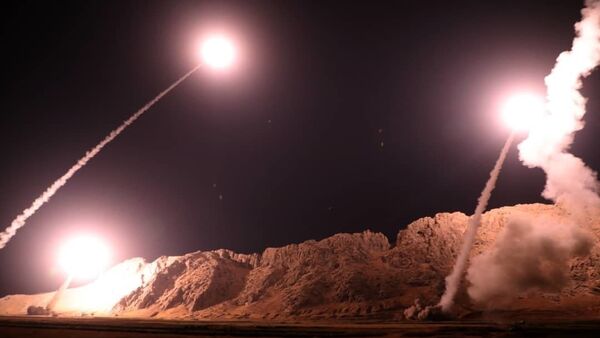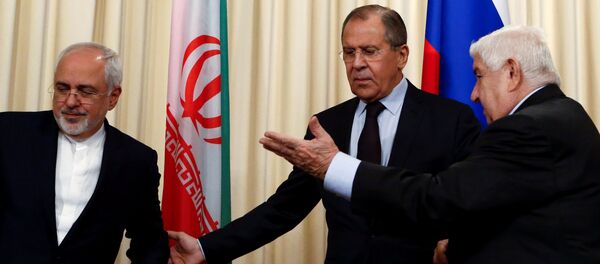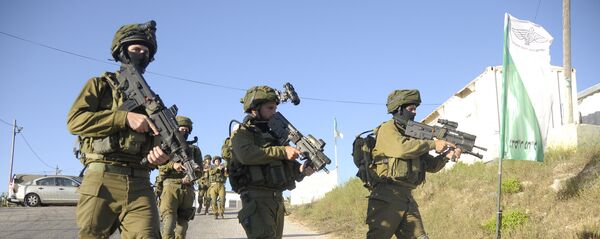Israeli Prime Minister Benjamin Netanyahu told the Knesset Foreign Affairs and Defence Committee on 19 November that Russia doesn't have the necessary influence over Iran to force it to leave Syria, Haaretz reported. At the same time, he noted that aerial surveillance has shown a decrease in the amount of supplies to Hezbollah coming through Syria, allegedly being delivered by Tehran.
The Israeli prime minister added that despite the incident with the downing of a Russian spy plane in September 2018, Tel Aviv hadn't ceased its operations in Syria. He also said that he had had an "excellent" conversation with Russian President Vladimir Putin in Paris, where Netanyahu offered improving the "coordination between armies."
London-based Arabic newspaper Asharq Al-Awsat reported in October that, citing a Russian source, Moscow is trying to alleviate tensions between Tehran and Tel Aviv and is acting as a mediator between the two. Neither of the countries has commented on the report.
READ MORE: Iran's Revolutionary Guards Vow to Keep 'Effective' Presence in Syria
Tel Aviv regularly conducts air raids against Syrian territory, claiming that it targets Iranian military depots and arms supplies destined for Hezbollah. According to recent revelations by a senior Israeli military official, Tel Aviv has struck some 200 targets over the last 1.5 years. Israel claims that weapons supplied by Iran are later used against the Jewish state. Specifically, Tel Aviv has accused Iran's Islamic Revolutionary Guard Corps of supplying the Palestinian group Islamic Jihad, which was responsible for shelling Israel from Gaza in the end of October.
Tehran has strongly and repeatedly denied the accusations, insisting that only military advisors, invited by Damascus, are present in Syria. Iran has also denied supplying armaments to the war-torn country and has strongly condemned Israeli airstrikes against the Arab Republic.




